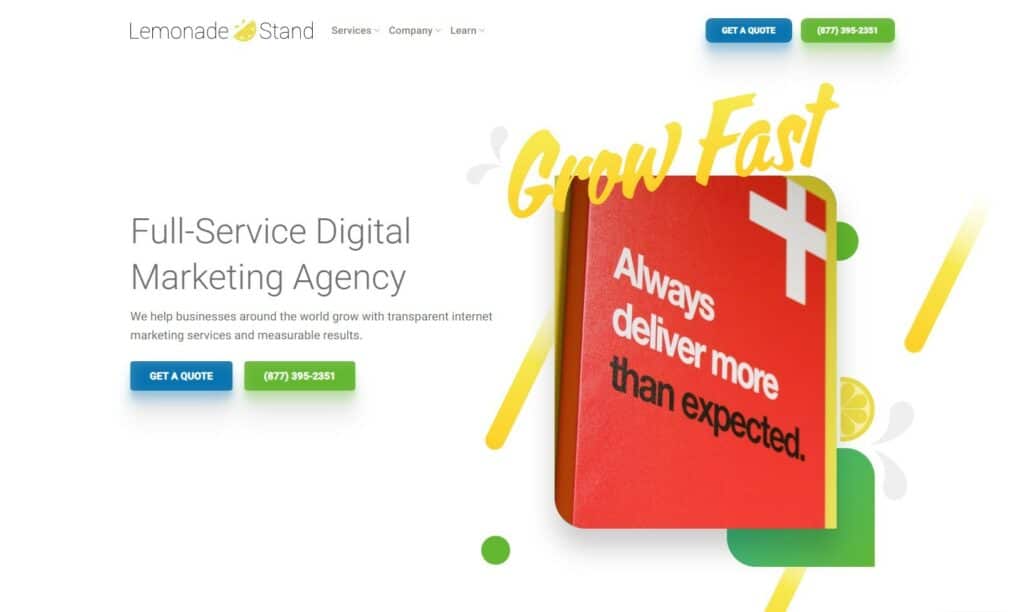Five Things you Must Have Ready to File Your Taxes as a Small Business
Tax season is upon us yet again! Hard to believe that it only comes around once a year as it seems like it is always tax season.. But it is here again, and you might be wondering, what do I need to be able to file my taxes as a small business?
I am going to discuss five very important and necessary items to have ready for your accountant (or whoever will be filing your return) so that your return can be filed with fewer hiccups! Yay taxes!!
Net Income
One of the most important things that you will need for your taxes as a small business (or any business for that matter) is your net income!
What is net income you ask?
Net income will be the amount of money that you earn less any expenses that it takes to run your business. The specifics of what can and cannot be deducted from your income for tax purposes will be discussed more in detail with your actual accountant, but having this information ready from the start will make the process of filing your taxes much, much easier.
The easiest way to get net income is through the use of an accounting software (like QuickBooks or FreshBooks) throughout the year. Keeping your accounting system up to date will make this time of year a lot less painful. Accounting softwares are very useful for this because you can easily keep track of all the income that you are earning, and then you can input (or automatically import) the expenses that you have had, and you will be presented with a nice, clean report called a profit and loss statement (or income statement) that will tell you what your net income is.
You can then provide this report to your accountant and not have to worry about figuring out what your net income for the year was. This is going to be the most useful if you update it throughout the year (usually at the end of each month), but you can still go back and enter in this information now for the previous year. It will still be a lot easier than trying to figure this out on your own or track it down through various spreadsheets or pads of paper that you have been keeping track of things on.
Having a basic accounting software will change your life.
It will also serve more purposes than just for taxes as you can get a lot of insight into your business from the financial reports that your accounting software can create for you. That’s a story for another day.. But I highly recommend that you invest in a software for accounting purposes.
Anyway, the moral of the story here is that you need to know how much money you actually ended up making during the year to accurately report that amount on your tax return.
Balance Sheet
While it is true that you might have a company small enough where the IRS does not “require” you to include a balance sheet in your return, I highly suggest that you start keeping track of one anyway.
It is much easier to start having a balance sheet when you are small and continuing to build out that balance sheet as you grow than to just create one out of thin air when it is suddenly a requirement for you to have one.
Plus, it helps with other things even if it isn’t “required.”
The biggest item that this will help with while filing your taxes is your assets section.
There are a few different ways that asset purchases can be treated for tax purposes, so it is a very good idea to keep a detailed record of the assets that your business owns and how those assets have been depreciated.
The treatment of those asset purchases is also something to discuss with your accountant, but it will make life a whole lot easier if you are able to present your accountant with a balance sheet showing all of the assets that you currently own and being able to compare that to previous balance sheets to know which assets were purchased or placed in service during the year.
How do you build a balance sheet? Well, it’s not necessarily that difficult to build out a balance sheet. You’re basically putting all of the assets that your company owns or has rights to and all of the liabilities that your company owes or has obligations to on a single document that can be easily reviewed. The final piece of the balance sheet is what’s called stockholder’s equity. This section is used to detail ownership of the company.
Again, I recommend that you begin using an accounting software to keep track of all of this information. Every time that you purchase an asset or enter into a new debt agreement or take on some kind of obligation, you will enter that into the software, and it will then be able to automatically generate the balance sheet report for you. At the end of the year, you can just create this report and hand it straight over to your accountant.
Ownership
You need to know and be able to disclose how the ownership of your company is broken up. This is VERY important for tax purposes. If it is understood that you own a larger portion of the company than you actually do, you will be required to pay taxes on the larger portion of net income from the business even though that income isn’t really yours.
If you only own five percent of the company, then, trust me, you will only want to be taxed on the five percent of the net income that is attributable to you. You do not want to take full responsibility for all 100 percent of that income.
There are also other legal matters at play here, and it is just a requirement that these things be reported properly and accurately.
If you own your business with a partner or multiple partners, make sure that you are all aware of the way that the company ownership is broken down. If you have not yet approached this topic or felt a need to discuss it, you most certainly need to. This makes a huge difference in how taxes are reported.
This is definitely something that you can do on your own (it really just needs to be in writing and signed by the parties involved), but if you have any questions about it or are unsure on any part of this, it isn’t something that I would suggest just allowing the chips to fall where they may. It’s important enough that you’ll want to seek the assistance of a legal professional or a CPA.
1099-NEC Forms
This form is going to be extremely common and very necessary when filing taxes as a small business. You can locate this form here.
Why does one need this form?
Well, it is a required form to fill out and include in your return when you pay someone (who is not an employee) in excess of $600 throughout the year. It is used to keep track of your independent contractors (especially to verify that they are, indeed, independent contractors and not actual employees) as well as your larger vendors.
It is one of the great joys of owning your own business!
Having all of the information for these, at least, is a great place to start and will make things a lot easier when you go to actually file your taxes.
Other Important Documents
The items mentioned above are going to be some of the most important things that you can start working on to make filing taxes as a small business owner way easier than you ever thought it would be. They are also all things that you can mainly do on your own in preparation for this magnificent event! This is not, however, an exhaustive list of every single thing that you might ever need to have to be ready. These are just some of the bigger and most important items to be considering.
As a final thought here, I will just briefly touch on other documents that you might want to keep around and have handy for this time of the year. Essentially, I would suggest that you keep a hold of anything and everything that you could possibly think might be important to your taxes. It most likely will be. If it’s not, then you can file it or get rid of it as you see fit, but at least you held on to it just in case!
A few things to note. If you enter into any new contracts (specifically any new contracts that are going to require an obligation to be paid by you, or a contract where you are receiving a new asset or even a right to utilize an asset), you’re definitely going to be needing those. Keep good record of them and make sure that they are brought up when filing your taxes.
Any large purchase that you make should be well documented, and you’ll want to have proof of those purchases (receipts or purchase agreements) for any future audits that might be coming your way.
Basically, if you think you might need it, keep it and discuss it with your accountant. You don’t need everything, but it’s a good idea to keep things until you know for sure. If you have an accountant already, you can probably ask them throughout the year if you will need a specific item for tax filing purposes or not.
Taxes can be very, very confusing, but it’s not always as bad as it sounds! Make sure that you either know what you are doing or have yourself a well educated CPA.
Good luck!


